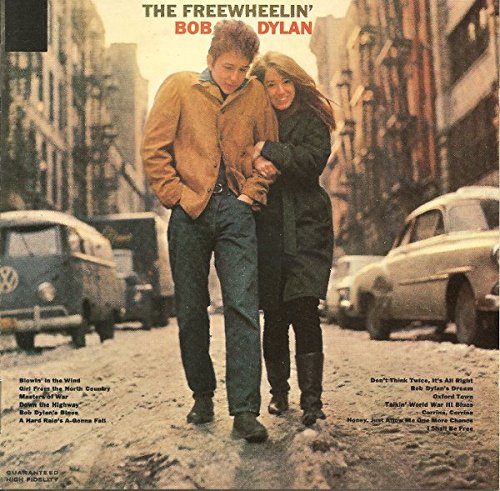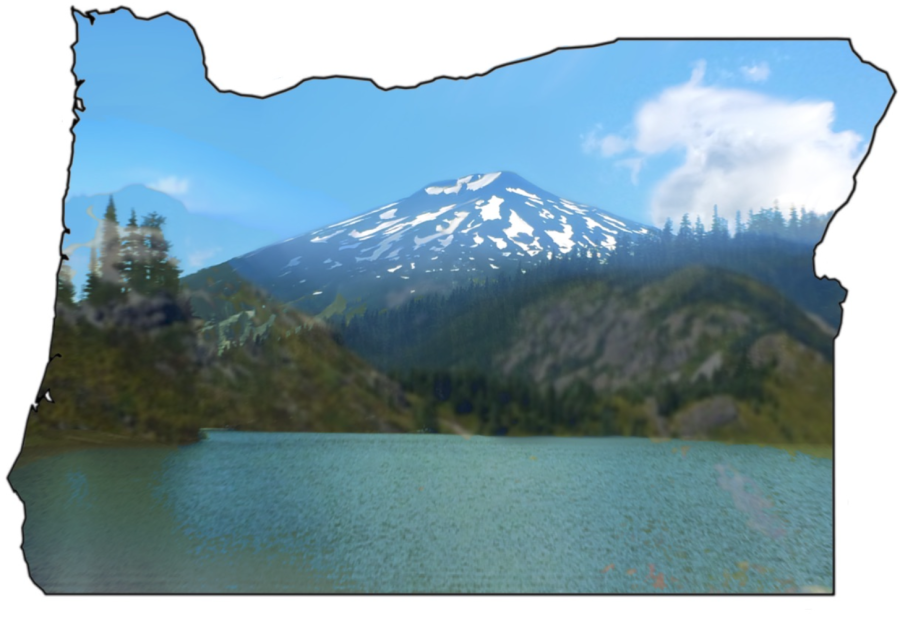Oregon’s Private Forest Accord
How new legislation will change wildlife conservation efforts and impact Oregon residents.
Oregon is a vast and diverse state in its landscapes; from the high deserts of Bend, to the dense forests of Mt. Hood, all the way to the Pacific coast. These biomes of the Beaver State are home to a plethora of unique and endemic wildlife—however, Oregon’s species are dwindling in population as a result of habitat loss and human influence. Rapidly expanding Central Oregon is no exception; new city growth is contributing to this ecological threat.
However, Oregon’s interactions with the land may be about to change, thanks to a new accord passed by the senate on March 2nd.
The Private Forest Accord will change 50 year old land use regulations, becoming the basis for future conservation plans. The goal is to protect waterways and habitat by restricting new logging areas and reduce harmful debris entering rivers. This overall, will have a positive impact on endangered wildlife, especially Oregon’s state animal; the American Beaver.
Beavers are important in creating and maintaining wetlands, as their dams create habitats that are essential for aquatic life. Despite their endangered furbearer status, they are still exterminated as pests. The Accord will regulate beaver trapping and enforce non-lethal relocation to preserve their populations. Beavers aren’t the only species benefiting, though. The prescriptions list protective legislation for fish species such as salmon, steelhead, and bull trout, and amphibians species such as salamanders and bullfrogs.
Not only could this have a dramatic effect on Oregon wildlife conservation, but also on local politics in Bend regarding logging and construction projects. Possibly bringing equal relief for the residents and wildlife, if it follows the path of local controversy over land protection legislation. Recently, a hearing regarding a proposed new resort in Eagle Crest has sparked backlash in the environmental community. Over 200 speakers— local land experts and activists— opposed the sale; citing concern for drought conditions in Deschutes County and the privatization of a popular public space for backcountry activity. Despite the outcry, however, the sale is still being considered. The Central Oregon LandWatch supports the cause, stating “Beloved public lands don’t belong behind a fence.”
Even though the Accord won’t fix the problematic way in which Oregon as a society interacts with the land, it will be a step in the right direction. Sean Stevens— executive director of the conservation group Oregon Wild— was directly involved in the advocacy for the Accord to protect riparian zones, and described the challenges he has faced in trying to bring the legislation to pass.
“The Board of Forestry is heavily influenced by the industry it was designed to regulate,” He says, “A colleague of mine likes to call it the ‘Teflon Quilt’ that generations of politicians, lobbyists, and corporate campaign contributions have built… State law allows members of the board to have direct financial conflicts of interest.” According to Stevens, the most significant change in forestry regulation to be approved in the last 25 years took almost two decades to pass, requiring much backing from polling voters; but still was short of what the agency’s science said was needed to protect wildlife.
If anything, the proceedings of Eagle Crest Oregon and Wild’s efforts to pass the Accord serve to remind legislators of the dire need of change in our laws to protect nature.
Anthony Broadman, a Bend City Councilor, calls Oregon to action; “Generations to come will look back at this moment in Oregon’s land-use history, at the decisions we’re making now in rooms all across our state, and ask whether we’ve upheld Oregon’s land-use system and honored the land,” he said, “Growth for the sake of growth is the ideology of a cancer cell.”
Student voices at Summit play a large role in making legislative progress. Speaking out— in addition to drawing attention to an important cause— serves to create informed voters; as summit students age into adulthood, the mantle of environmental sustainability goes to them, in the form of the ballot. By staying informed, young adults in Oregon can advocate for new laws to protect the forests, wildlife, and waterways.
“I think it’s really important to preserve this planet instead of trying to escape the problem. We need to face the reality we’re in and fix the way we’re doing things.” Says Loudyn Hudson, a Summit junior and member of the environmental club. “We need to do more; Bend is so big and still growing… there should be better precautions in place to keep it safe and sustainable.”
The Accord may not eliminate the environmental struggle from the lives of Oregon residents, but it will improve the way Oregon interacts with its forests and waterways, protect rivers and wildlife, and save beloved land within and around Bend from being developed.




































